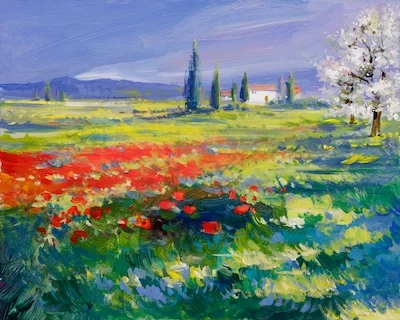Beau Dick: Devoured by Consumerism
A companion book to the last show conceptualized by the late Kwakwaka’wakw artist tackles our unsustainable way of living.

The cover of a companion book to the final show conceptualized by Beau Dick, the late Kwakwaka’wakw artist and hereditary chief, shows ceremonial masks engulfed by flames.
At first glance, the destruction of these cultural treasures seems a desecration akin to burning books. But as the contributors to Beau Dick: Devoured By Consumerism, make clear, the practice is anything but.
For the Kwakwaka’wakw, ritual burning is a tradition that signifies transition and prompts a new round of carving, a process that echoes the endless cycle of life.
In 2012, for instance, Dick removed some 40 masks from a Vancouver show, taking them to his home community of Alert Bay, B.C., where they were burned as part of a potlatch ceremony.
As Dick said at the time: “What we have to do is recreate them – and that keeps them alive.”
Candice Hopkins, an independent curator, explains in one of the book’s two essays that Dick’s action was “a means to short-circuit the commodification of Northwest Coast ceremonial objects, preventing them from becoming fetishes in the service not of ritual but of capital.”

Atlak’ima masks burn at Beau Dick’s potlatch, hosted in the ’Namgis Big House, Alert Bay, B.C., in 2012. (photo courtesy of Steve Calvert)
In potlatch, banned in the 1860s in Canada as a threat to colonial economic interests, status was not determined by how much someone had accumulated but by how much they gave away to others. The ban was lifted in 1951, although potlatches had sometimes been carried out in secret.
LaTiesha Fazakas, a Vancouver art dealer who opened the Fazakas Gallery in 2013, is showing some of Dick’s work from March 29 to May 11. Early Works includes 13 masks and objects created in 1979 and 1980 that have never been exhibited.
The show runs almost concurrently with Devoured by Consumerism, on view from March 16 to May 4 at White Columns, a non-profit gallery in New York City. Dick was planning the show when he died in 2017 at age 61. He wanted it to be his “most overt critique of a system that he knew was unsustainable,” Fazakas says in her introduction to the book, co-published by Vancouver’s Figure 1 and the Fazakas Gallery.
Noting that Dick cared deeply about the hardships facing Indigenous people, she writes: “Beau hoped to use the power of his appeal to bring awareness and change to a world that he saw devouring itself under the ravenous pressures of capitalism.”
Dick viewed the potlatch – essentially his culture’s economic and legal system – as a form of resistance. “Imagine saving up the piles of fives, tens, twenties, fifties and hundreds,” Dick once said. “To be wealthy? To have power? No, to give it all away in resistance to these values that Western society tries to perpetrate into us.”

Beau Dick, “Nu-Tla-Ma (Fool Dance), circa 1980
western red cedar, acrylic and horse hair, 26” x 11” x 8” (photo by Alex Gibson, courtesy of Fazakas Gallery, Vancouver)
Dick, whose work has been shown around the world, has participated in prestigious contemporary arts events like the 2010 Sydney Biennale and Europe’s Documenta 14 in 2017. He is also known for his political activities, including copper-breaking ceremonies undertaken to ritually shame the federal and B.C. governments for injustices perpetrated against Indigenous people.
The 96-page hardcover book is accompanied by colour photographs of Dick’s striking masks, along with brief textual descriptions that provide insight into their cultural significance.
Devoured by Consumerism is the second book about Dick in as many years.
The first, Beau Dick: Revolutionary Spirit, by Darrin Martens, a former curator at the Audain Art Museum in Whistler, B.C., is a finalist this year for a B.C. Book Prize. The 160-page hardcover book was also published by Figure 1. ■
Beau Dick: Devoured by Consumerism is published by Figure 1 in collaboration with the Fazakas Gallery in Vancouver. Early Works is on view at the Fazakas Gallery in Vancouver from March 29 to May 11, 2019.

Fazakas Gallery
659 East Hastings Street, Vancouver, British Columbia V6A 1R2
please enable javascript to view
Tues to Sat 11 am - 5 pm
